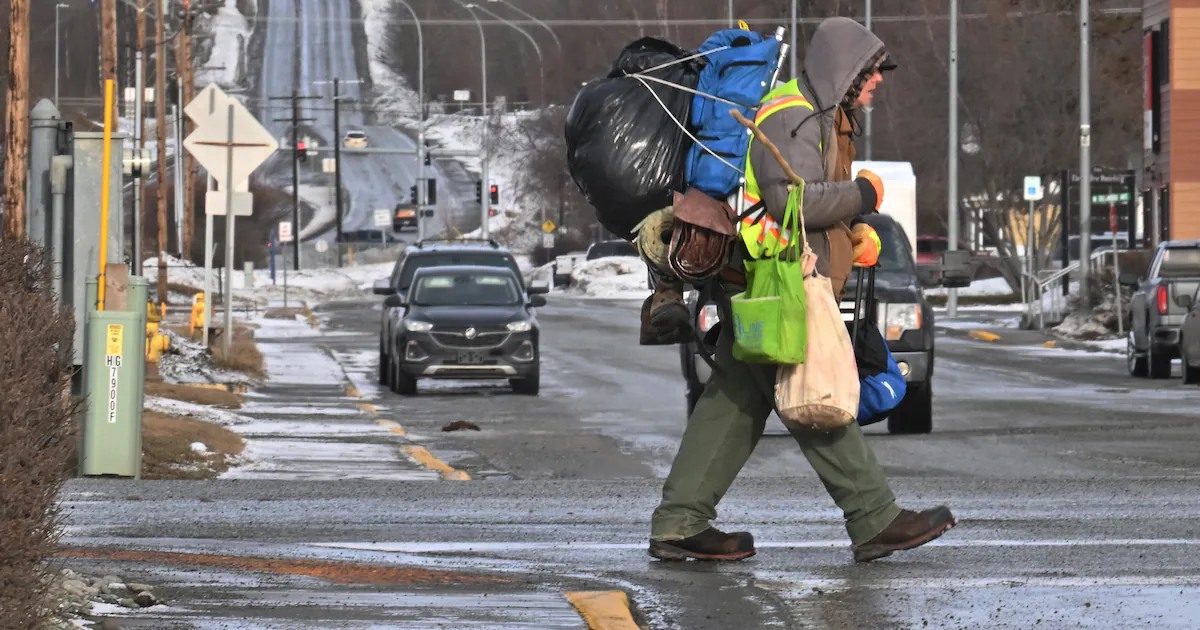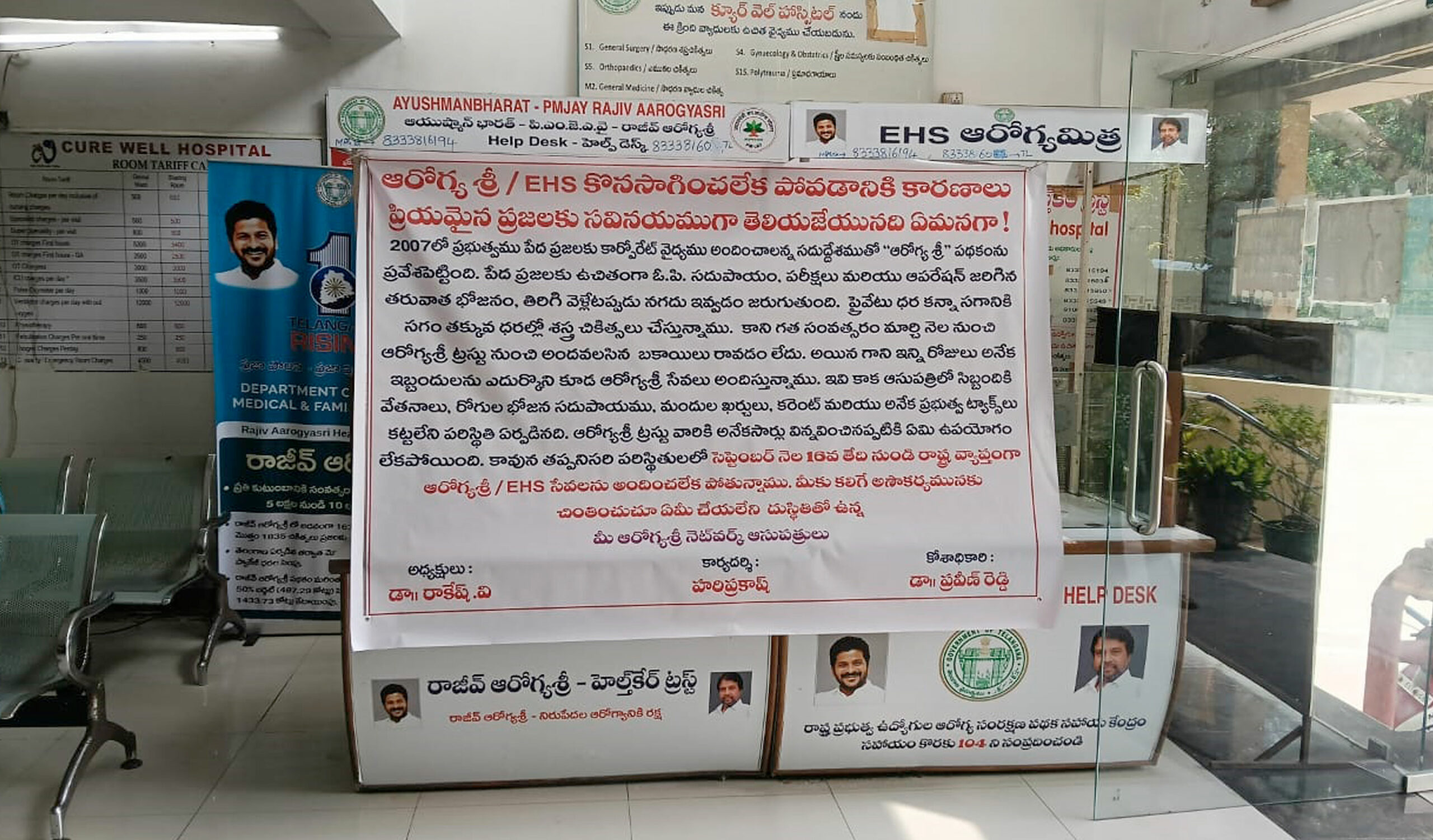
PALMER — The Palmer City Council will vote next month on whether to explicitly ban camping and sleeping on city streets and in business entryways, and allow fines for breaking the rules.
A pair of measures making the change will be considered at a regular City Council meeting scheduled for Oct. 16. They were proposed by Council members Victoria Hudson and Carolina Graver.
The proposals are designed to curtail the practice of homeless individuals sleeping on the city’s streets, Hudson said. They are not meant to penalize an individual’s status, such as homelessness, she said.
“The City Council finds that the regulation of camping on public property is necessary to maintain public health, and access to municipal facilities and services,” the proposal states.
The proposals follow a 2024 U.S. Supreme Court decision allowing cities to enforce public camping bans even when they impact homeless individuals who do not have immediate access to other indoor shelter options.
There are no homeless shelters in the Matanuska-Susitna Borough. A 2022 community needs assessment by the Mat-Su Health Foundation identified housing as the borough’s top health-related need.
If the measure is approved, Palmer would join Anchorage in explicitly banning camping on or near public property.
Palmer bans were developed in partnership with Palmer City Manager Kolby Zerkle, Hudson said.
“This measure provides the enforcement tool our city has previously lacked. Our goal is to ensure Palmer does not face the same challenges faced by larger municipalities,” Zerkle said during a regular City Council meeting Tuesday.
Zerkle previously worked as a deputy city manager in Anchorage.
Unlike the Anchorage rule, individuals who violate Palmer’s proposed ban would not face jail time, according to the proposal.
If approved, Palmer’s public camping ban would be enforced by the Palmer Police Department.
Individuals who violate the rule may receive information on available shelter or services, according to the proposal, and could be connected with a grant-funded Mat-Su Mobile Crisis Team that can provide behavioral health support, officials said. They may also be issued a citation and required to pay a fine of up to $300, the proposal states.
A citation would likely only be issued if other options have failed, Palmer Police Cmdr. Luke Szipzsky said in an email.
A camping ban is needed to help keep Palmer’s streets clean and welcoming to residents and visitors, Hudson said.
Hudson said she and her husband have legal guardianship of a family member previously impacted by homelessness, and she feels empathy toward those who are struggling with the issue. But allowing individuals to live in public spaces creates a health hazard for other residents, she said.
“I wish there was something else to put forward, but what we have is, like this issue that’s becoming unsafe for the constituents,” she said.
Several groups offer case management and help for unhoused individuals and families in Mat-Su. Palmer-based Daybreak connects individuals with resources and helps unhoused individuals find emergency overnight shelter on a case-by-case basis, officials said. In Wasilla, Connect Mat-Su offers similar help to residents located across the borough.
In 2024, Daybreak provided services to 195 individuals in the greater Palmer area, officials said.
So far this year, Connect Mat-Su has worked on 954 cases, with 54% of those related to housing, according to officials with the Mat-Su Health Foundation, which helps oversee the program. Of the 108 cases in Palmer, 64% were housing-focused, they said. (The Mat-Su Sentinel receives some funding from the Mat-Su Health Foundation.)
Palmer police make regular contact with about 10 unhoused individuals, down from about 40 in 2022, Szipzsky said. Recent improvements to the Peak Inn Motel on the Palmer-Wasilla Highway near Fred Meyer have decreased drug activity and loitering in the area and dramatically reduced related calls for service, he said in an email.
“Our calls to the motel and the wooded area behind the motel have almost crawled to a halt,” he said.
Calls for trespassing, which are often related to the activities of unhoused individuals, have also decreased in recent years, according to Palmer police data. In 2023 and 2024, they responded to 243 and 167 such calls, respectively. So far this year, they have responded to 102.
Officials with the American Civil Liberties Union of Alaska said the organization is monitoring the Palmer camping ban proposal. The organization filed a lawsuit against Anchorage early this year to stop the city from clearing out a Midtown homeless camp.
An ACLU of Alaska spokesperson said they contend that penalizing homelessness makes it harder for those struggling to find a solution.
“Across the board, this is not the answer to homelessness or the housing crisis that we’re facing,” ACLU of Alaska spokesperson Meghan Baker said in an interview.



